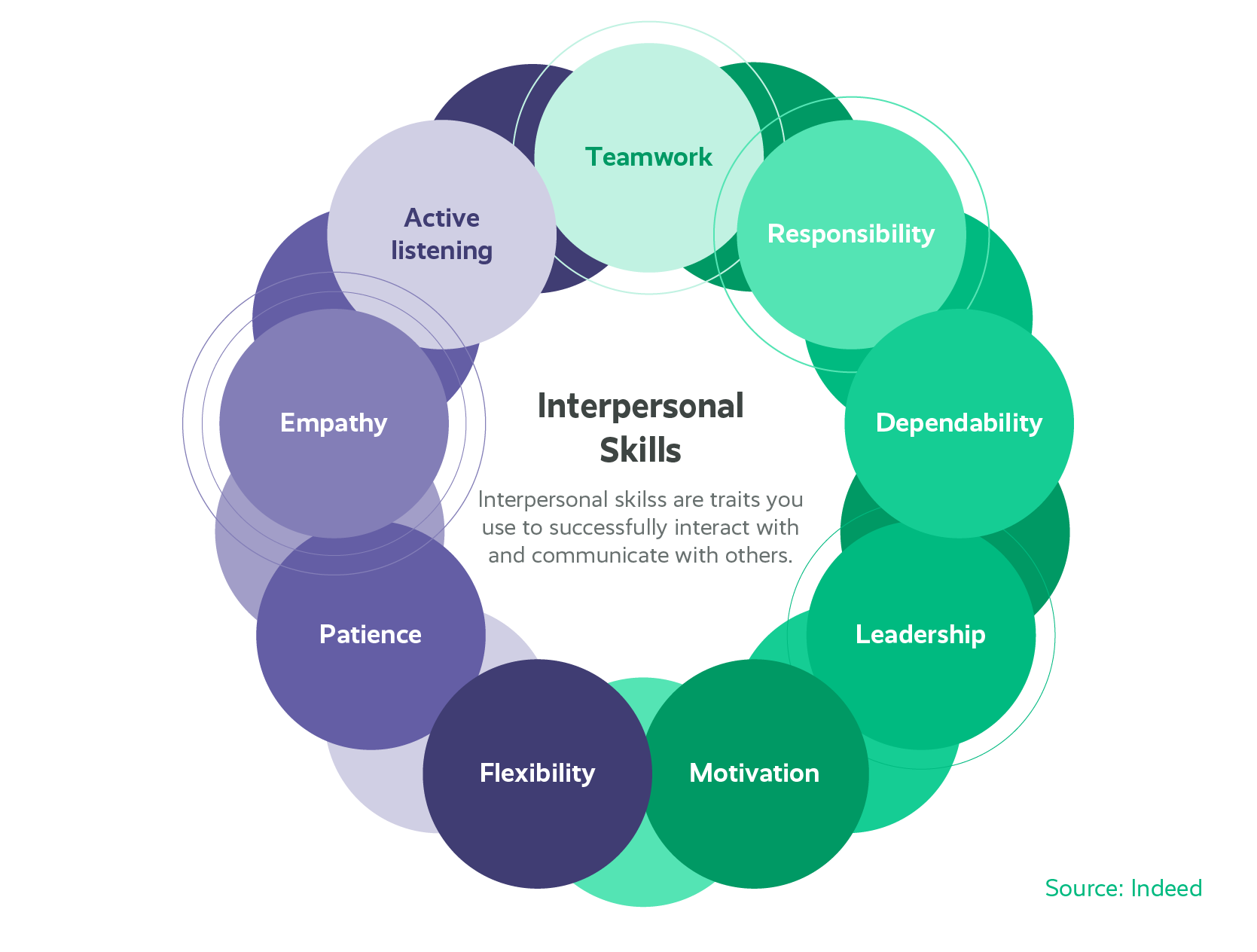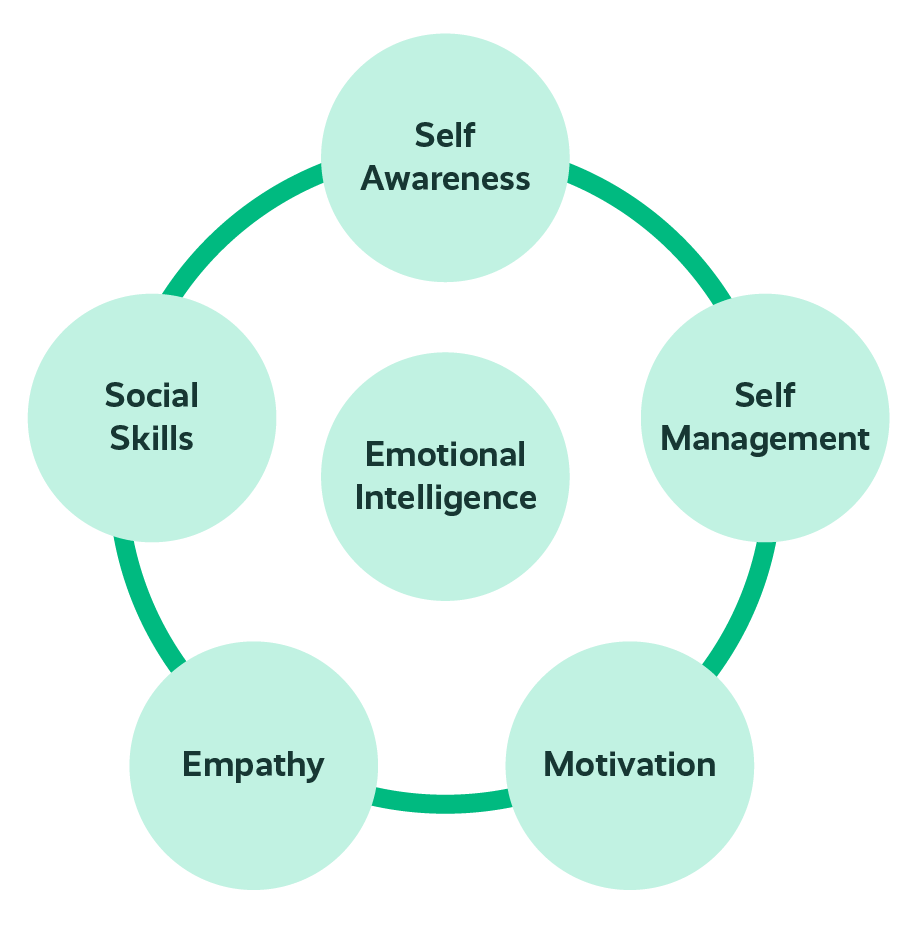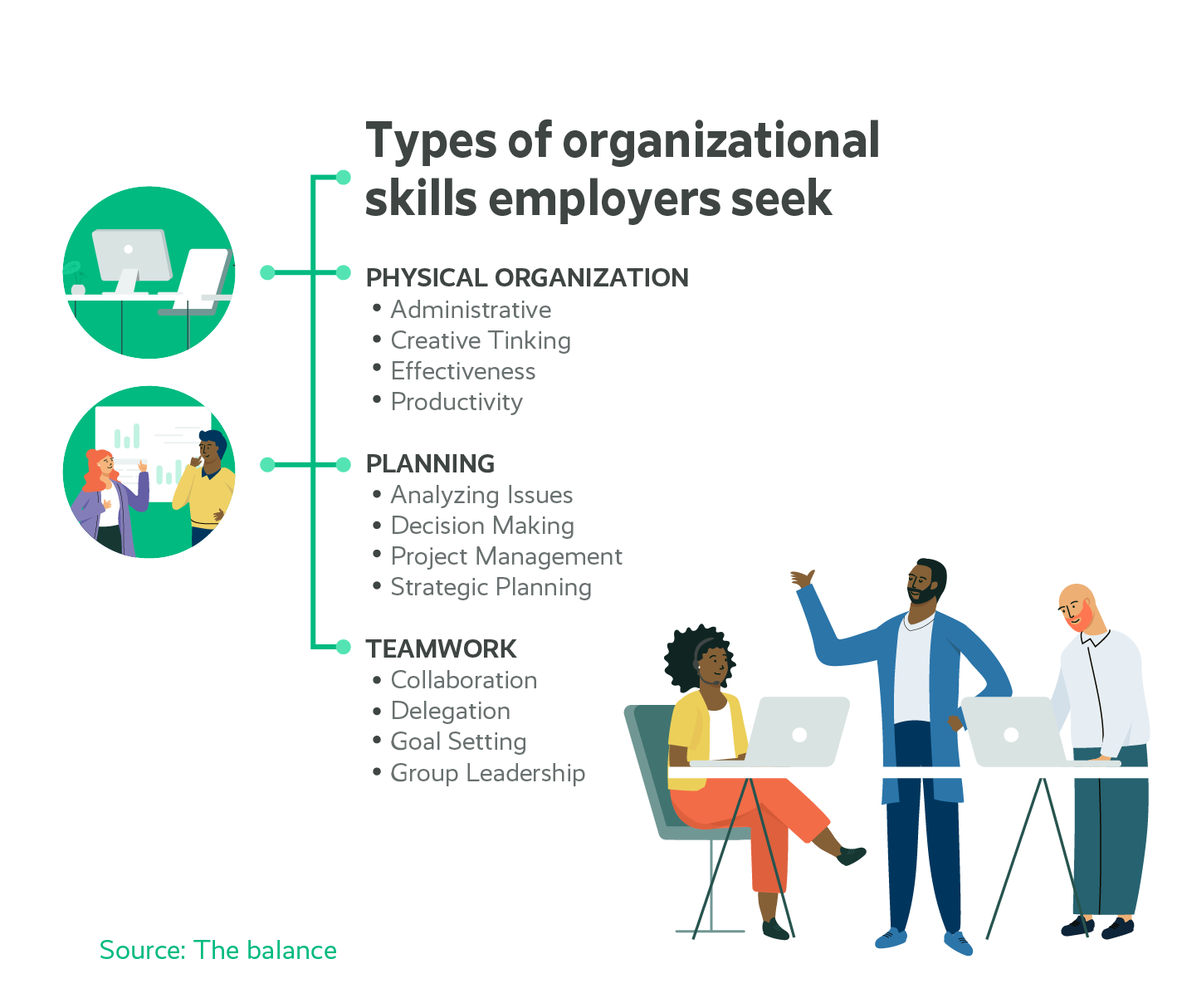11 Soft Skills For Customer Service Teams That Make Customers Happy
Soft skills are often underrated when it comes to contact centers and customer service teams. This is likely because soft skills can be rather difficult to master.
These skills, also called interpersonal skills, require a significant amount of psychological work and neurological strengthening. They are something that requires a lot of effort and fine-tuning in order to master. According to a recent LinkedIn survey, interpersonal skills are both important and also more difficult to find. 59% of managers reported they have trouble hiring people with the right soft skills.

So the question becomes, does every agent have the ability to master soft skills in customer service?
No one is born with flawless capability to master soft skills, and no one walks into their first job with a perfect set of skills. Although some can be personality traits, it would be hard to find someone who masters them all.
With soft skills training for customer service, learning can be done in time.
Any employer would be remiss to hire an agent without evaluating, or at least asking about their soft skills. There are tons of them. Nearly all of them will aid your employee’s performance and some may be more specific to your line of work. Regardless, you should always be identifying and strengthening customer service soft skills.
1. Ability to Listen
Research finds that 60% of business problems can be attributed to poor communication. That means that an agent must be able to listen and listen well. It should be the first soft skill your agents work on.
Since phone calls are still the consumers’ preferred method of contacting customer service, the ability to listen will reap valuable returns for any organization. If you cannot listen to the customer on the phone, you will never solve their problem.
Online support staff also need the ability to listen and solve issues. Listening consists of understanding not only the customer’s problem but also the way they feel in order to reply the right way.

2. Communication
As much as you train on listening, you’ll get nowhere if your agents cannot communicate effectively, both internally and externally.
Internally, your agents need to be able to listen to one another and listen to the managers in learning what is expected of them. Externally, your agents need to listen to the customer and respond appropriately. This one is slightly easier to train on than the listening portion.
According to a study by CCW, training is the number 2 priority for contact centers in 2018, as they believe tools and training play crucial roles in driving the agent experience. Use customer service role-playing activities and give feedback to work on both skills simultaneously.
3. Emotional Intelligence
Emotional intelligence means understanding and managing your emotions, and the emotions of others. Managing the customer’s “happiness” is exactly what emotional intelligence is about.
Of the five components of emotional intelligence, three of them – self-awareness, self-regulation, and empathy – are a direct result of becoming aware of emotions.

Training agents in emotional intelligence is crucial for them to understand how the customer might be feeling. It is also important in helping agents deal with their own emotions during customer interactions.
4. Empathy
It’s only natural for customers to want to feel understood and heard, especially with the chaos and anxiety going on in the world these days. In order to successfully validate a customer’s wants and needs, empathy is crucial. According to research conducted by Customer Think, nearly 80% of consumers want customer service to be more empathetic or more responsive or both in a post-pandemic world.
If the customer knows that you not only understand their issue and can see where their frustration is coming from AND work to find a solution with their emotions in mind, you are practicing empathy, and your customers will feel much more understood and comfortable in the resolution process.
The bottom line is that empathy will not only enhance customer experiences but it can rescue the bad ones. Luckily, empathy is a soft skill that can constantly be enhanced and improved upon, whether that be through training or through practicing customer service empathy statements.
5. Enthusiasm
No customer wants to call your company and get stuck with an agent who is clearly hating every second spent on the phone. Even if agents may not be naturally enthusiastic, they need to employ an outgoing front when speaking to a customer.
Building enthusiasm into your quality assurance process is a great way to hold agents accountable to that soft skill during their customer interactions. A US-based health meal delivery service incorporates the soft skills they look for when they hire agents into their evaluations process. According to their director of infrastructural efficiency, “We’ll evaluate interactions and evaluate if they were as outgoing as they could have been.”
If the customer thinks the agent doesn’t care about their work or company, they will think the company does not care about them.
6. Works Well Under Pressure
Everyone gets nervous. Everyone panics. Everyone has to deal with pressure. When an agent is dealing with a tough or urgent situation with a customer, they can’t afford to panic because you company’s reputation is on the line.
Since stressful situations can be entirely unavoidable, it’s important to learn how to channel and deal with the pressure in a healthy and productive way. In doing so, your agents not only survive difficult customer service situations, but thrive in spite of them.
One surefire tip that is easy to start practicing today is keeping a calm voice and speaking coherently instead of in a rushed, confused manner will inspire confidence in your customers.
7. Independence
No customer enjoys being transferred from department to department just to get an answer to their inquiry. Of course, sometimes it’s normal for agents to ask for help from other departments but they shouldn’t hand things off unless it is absolutely necessary.
Agents should be independent enough to find answers on their own and deliver them to the customer with confidence, straight from them, not from another department.
And while it is easy for a company to put the entirety of the responsibility for this soft skill on the agent, it is also important that the agent is properly equipped to answer any and all questions that come their way. Putting proper process documentation in place is a great way for customer service agents to quickly find answers to most customer questions and it is also a great way to prepare them for a multitude of scenarios that may present themselves.
8. Organization
Customer service staff deal with many customer issues. Those experiences could easily blur together for someone who is not well-organized. Customers don’t want you answering the question that you promised another person you would get for them 10 minutes ago. Agents need to keep their cases organized and communicate the correct information for the specific task at hand.

Organizational skills are a fun soft skill to teach because there are so many different ways to be organized in the workplace. It is important to accept your agents for what they are best at. Some agents might be better at higher-level organizational tasks, while others may be better at more collaborative aspects of organization.
9. Writing Skills
Believe it or not, employers these days consider writing a “soft” skill. Being able to write well is crucial for almost any position.
For customer service agents, the ability to craft a carefully worded but positive, informative, and brief written communication is a must. These kinds of messages help customers feel cared about and important, especially if their issue is going to take some time to resolve or if your agent is busy with other tasks.
One way to ensure your agents are continuing to work on their writing skills is to reward them for when they write a particularly good response to a customer. Going does a great job at this by incorporating writing into their quality assurance system and offering recognition to the agents that earned that badge.
10. Follow Up Skills
Jumping off from the writing skills, follow up skills are hugely important in customer service. If something goes unresolved, an agent needs to follow up on it. If an agent needs to get more information and circle back, make sure they know to do it, and how.
According to New Voice Media, feeling unappreciated is the #1 reason customers switch away from products and services. If the customer feels neglected or forgotten, you’ve lost an opportunity to impress and further strengthen customer loyalty and trust.

11. Friendly
Last, but absolutely not least for customer service soft skills, is friendliness. Having a careless or defensive tone should never happen. A friendly tone can be as easy as smiling while customer service staff are or the phone or on the chat with customers. Friendliness is about creating a human touch to every facet of customer service operations.
According to Kristin Smaby from Being Human is Good Business, “In an era when companies see online support as a way to shield themselves from ‘costly’ interactions with their customers, it’s time to consider an entirely different approach: building human-centric customer service through great people and clever technology. So, get to know your customers. Humanize them. Humanize yourself. It’s worth it.”
Although many of these things come with time and training, many can also be inherent to the people you hire.
Some of the best and easiest ways to train for soft skills is:
- Through role-playing activities. Role-playing activities are not only fun ways for your team to engage with one another but they are easy to do even in a remote work environment.
- Practice, practice, practice. Sit down with your agents and pretend to be a customer. See how the interaction goes and tell them where you can use one of these skills more.
- Find the situations in which these skills are important and give your agents feedback on how well they execute the behaviors associated with them. This can be done easily through a robust quality assurance program.
The nature of the job is to interact with people in a meaningful and positive way. These skills are absolutely something worth helping your employees grow. According to TLNT.com, 80 percent of workers agree that having the opportunity to learn new skills at work makes them more interested and engaged in their job. Invest in their ability to succeed in every customer interaction and you will see your customer experiences get better and better.






